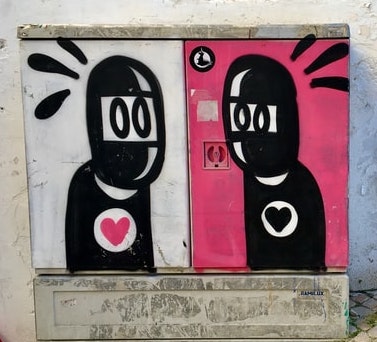Human to Human
It’s just a serious of questions, and probing, I follow a careful format.
We just need a rapport, your life story, drug history, in 10 minutes or less
You see I’m learning the art of finding out as much as I can, in the least time I possess.
A previous MI and your grandad died of cancer, that must have been tough
These stock phrases evoke compassion, show the patient your listening, that’s the personable stuff.
I’ll be using open questions, open body language and have an open mind
But with that history, and drinking habit, you can’t be shocked at the diagnosis assigned.
It’s a big word Isn’t it, and an even scarier search on the internet
A conversation you will always remember, and one I will certainly forget.
Not because I don’t care, I actually wanted to be a doctor to help others like you
But we `re busy, so here’s a prescription and a safety net, let’s hope you pull through.
What’s wrong? Do you feel uncomfortable, Is the honestly a little too much?
I`m just talking doctor to patient, I`m just missing a soft touch.
It’s too easy to see people as patients and listen only for symptoms and a disease
The magnitude of our job means that our actions can cause a person’s world to freeze.
You’re going to be a doctor, your parents must be so proud
A simple occupation that never fails to hush a crowd.
But remember when you are frustrated and stressed, and when patients become diseases and beds
That every conversation is not doctor to patient, but human to human instead.
The poem alludes to the scary and unknown world of medicine to a lay person, with its big worded jargon and infamous google horrors, we can often forget that the diagnoses we give are life changing and often completely unknown to the patient. This, as well as time restricted consultations can make patients feel uneasy and alone, so it is even more imperative to show them you care, and you are not just following a format.
When talking to patients and sharing experiences, it is apparent how much patients remember distinct conversations and consultations, which again forefronts the idea that if consultations are given at a human level that evoke compassion – they are going to make a patient’s experience much less daunting and remembered for the right reasons.
Creative Prize-winner 2020

This poem addresses one of the most pressing concerns in medicine: the risk of doctors becoming desensitized to their patients’ suffering, ultimately diminishing their capacity for empathy. This desensitization can lead to a disconnect, where physicians may overlook the profound impact their words have on patients’ lives. While delivering difficult news is an inevitable aspect of medical practice, the manner in which it is conveyed profoundly shapes the patient’s response and often becomes a lasting memory. Physicians sometimes forget that, for the patient, this consultation will remain a pivotal moment in their life.
The poem serves as a reminder for medical students that while it’s essential to learn how to address patients’ concerns and actively convey empathy, we must remember that this isn’t merely a checklist to pass exams. Instead, it’s a foundational skill set that enables us to become compassionate practitioners who can enhance patients’ lives—not only through medical care also by serving as advocates and supporters during their most vulnerable moments.